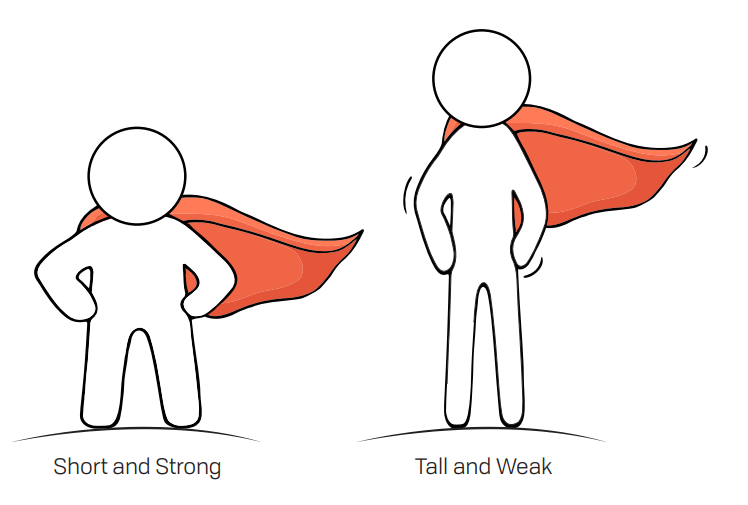 Prepare for lesson:
Prepare for lesson:
- Review Driving Question: What is Selective Breeding? lesson guide
- Print pages 16-19 per small group (2-3 youth) of SuperHero handout, part of lesson guide
- Project Wild Mustard handout (page 19) on board
- Project How our food would look if not genetically modified
- Supplies per small group:
- Scissors
During the lesson:
-
- Share the quote about Dr. Norman Borlaug:
- “[He] saved more lives than any person who has ever lived.”
-
- Ask youth what they think he did to have that said about him.
- Share that he received the Nobel Peace Prize for his work breeding wheat plants which helped nourish billions of people around the world.
- Ask youth about the term, breeding. What does that mean to them?
- Share that they’ll do an activity to create a powerful group of superheroes, which will help better explain the term.
- Distribute SuperHero handout to each small group.
- Give students 15 min to work on it in their group.
- During share out:
- Ask youth why they made the selections for each scenario, giving space for different groups to share.
- What effects did their choice have on the population?
- Share that those choices are selective breeding of genes. Humans have been breeding plants and animals for millennia
- Give examples of selective breeding with wheat, corn and animal husbandry (in lesson guide)
- Share that just like they did with superheroes, humans have done so with animals.
- Ask:
- What do they think is the most important trait selected in animals?
- What about in plants?
- Project the Mustard Plant resource.
- Ask them what they think each plant was selected for?
- Project the website page How our food would look if not genetically modified to share how each plant would look if it was never modified
- Ask youth:
- Do they know other examples of genetically modified plants or animals?
- What skills do they think would be valuable in this field?
- Where would they work?
- Can they research what careers exist today? → this can be extended as a follow up discussion after they do research online or can be targeted interviews with industry professionals if in an agricultural region.

